Title: The Growing Demand for Organic Pears: A Summary Introduction: Organic farming has gained significant popularity in recent years, with consumers increasingly demanding organic produce due to its perceived health benefits, environmental sustainability, and absence of synthetic pesticides. Among the various organic fruits, organic pears have experienced a remarkable surge in demand. This summary article explores the reasons behind the growing popularity of organic pears, their nutritional value, the challenges faced by growers, and the promising future of this market. 1. Health Benefits of Organic Pears: Organic pears offer numerous health benefits, making them an attractive choice for health-conscious consumers. They are rich in essential nutrients, including dietary fiber, vitamins C and K, and minerals such as potassium. Additionally, organic pears have high levels of antioxidants, which can help reduce the risk of chronic diseases and contribute to overall well-being. 2. Environmental Sustainability: One of the fundamental reasons for the increased demand for organic pears is their positive impact on the environment. Organic farming practices prioritize soil conservation, water quality, and biodiversity preservation. By eliminating the use of synthetic pesticides, organic pear growers help minimize chemical runoff and protect ecosystems. This environmental consciousness aligns with the values of consumers who seek sustainable food options.
fruit
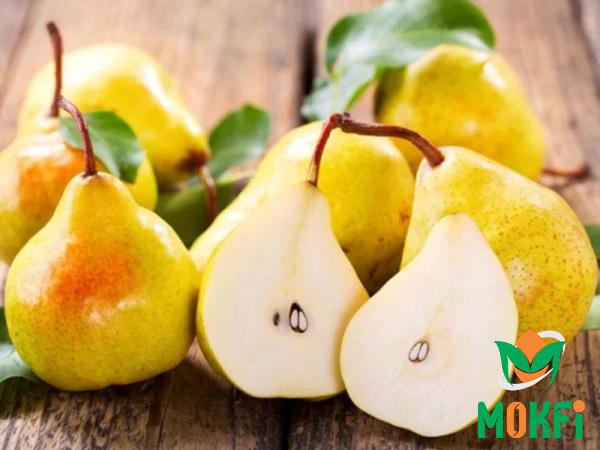 3. Pesticide Residue Concerns: Conventional pears are often subject to multiple pesticide applications to protect against pests and diseases, which can leave behind harmful residues. In contrast, organic pears are grown without the use of synthetic chemicals, ensuring that consumers can enjoy a fruit free from pesticide residues. Due to this concern over pesticide residues, more consumers are opting for organic pears as a safer choice for themselves and their families. 4. Challenges Faced by Organic Pear Growers: While the demand for organic pears is increasing, growers face various challenges in meeting market needs. Transitioning from conventional to organic pear production requires time, resources, and knowledge of organic farming practices. Additionally, organic pear trees are more susceptible to pests and diseases without the use of chemical interventions, making pest management a consistent challenge. Despite these obstacles, growers are motivated by the potential economic benefits and the satisfaction of providing consumers with a healthy and sustainable fruit option.
3. Pesticide Residue Concerns: Conventional pears are often subject to multiple pesticide applications to protect against pests and diseases, which can leave behind harmful residues. In contrast, organic pears are grown without the use of synthetic chemicals, ensuring that consumers can enjoy a fruit free from pesticide residues. Due to this concern over pesticide residues, more consumers are opting for organic pears as a safer choice for themselves and their families. 4. Challenges Faced by Organic Pear Growers: While the demand for organic pears is increasing, growers face various challenges in meeting market needs. Transitioning from conventional to organic pear production requires time, resources, and knowledge of organic farming practices. Additionally, organic pear trees are more susceptible to pests and diseases without the use of chemical interventions, making pest management a consistent challenge. Despite these obstacles, growers are motivated by the potential economic benefits and the satisfaction of providing consumers with a healthy and sustainable fruit option.
Specifications of fruit
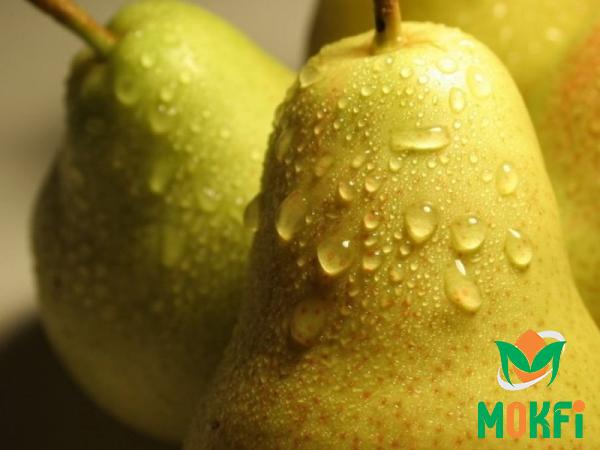 5. Certification and Standards: To ensure the authenticity and integrity of organic pears, certification programs such as the United States Department of Agriculture (USDA) Organic seal have been established. These certifications require adherence to strict standards for organic farming methods, including the use of organic-approved pest management strategies and the avoidance of synthetic fertilizers and genetically modified organisms. Such certifications provide credibility to organic pear producers and increase consumer confidence in the product. 6. Market Trends and Consumer Demand: The demand for organic pears has surged in recent years, fueled by consumer preferences for healthier and more sustainable food choices. This increased demand has led to expanding market opportunities as retailers and distributors strive to meet consumer needs. Additionally, the COVID-19 pandemic has further accelerated the demand for organic produce, including pears, as consumers have become more conscious of their health and the importance of a balanced diet. 7. Future Prospects for Organic Pears:
5. Certification and Standards: To ensure the authenticity and integrity of organic pears, certification programs such as the United States Department of Agriculture (USDA) Organic seal have been established. These certifications require adherence to strict standards for organic farming methods, including the use of organic-approved pest management strategies and the avoidance of synthetic fertilizers and genetically modified organisms. Such certifications provide credibility to organic pear producers and increase consumer confidence in the product. 6. Market Trends and Consumer Demand: The demand for organic pears has surged in recent years, fueled by consumer preferences for healthier and more sustainable food choices. This increased demand has led to expanding market opportunities as retailers and distributors strive to meet consumer needs. Additionally, the COVID-19 pandemic has further accelerated the demand for organic produce, including pears, as consumers have become more conscious of their health and the importance of a balanced diet. 7. Future Prospects for Organic Pears:
buy fruit
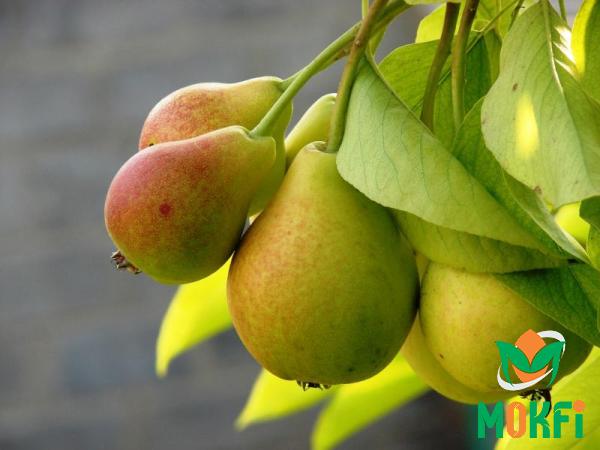 The future of the organic pear market looks promising. As consumer awareness of the health and environmental benefits of organic food continues to grow, the demand for organic pears is expected to rise. Government initiatives promoting organic farming and the expansion of organic certifications further support this positive outlook. To meet growing demand, investment in research and development for organic pest and disease management strategies will be crucial. Additionally, increased collaboration between growers, retailers, and consumers will help develop sustainable supply chains and increase accessibility to organic pears. Conclusion: Organic pears have witnessed a significant increase in demand due to their health benefits, environmental sustainability, and absence of pesticide residues. As consumers become more conscious of their food choices, the popularity of organic pears is expected to continue rising. While organic pear production faces challenges, such as pest management and the transition from conventional farming methods, the potential economic benefits and consumer demand drive growers to embrace organic practices. The future of the organic pear market looks promising, with opportunities for growth, innovation, and increased partnership between growers and consumers.
The future of the organic pear market looks promising. As consumer awareness of the health and environmental benefits of organic food continues to grow, the demand for organic pears is expected to rise. Government initiatives promoting organic farming and the expansion of organic certifications further support this positive outlook. To meet growing demand, investment in research and development for organic pest and disease management strategies will be crucial. Additionally, increased collaboration between growers, retailers, and consumers will help develop sustainable supply chains and increase accessibility to organic pears. Conclusion: Organic pears have witnessed a significant increase in demand due to their health benefits, environmental sustainability, and absence of pesticide residues. As consumers become more conscious of their food choices, the popularity of organic pears is expected to continue rising. While organic pear production faces challenges, such as pest management and the transition from conventional farming methods, the potential economic benefits and consumer demand drive growers to embrace organic practices. The future of the organic pear market looks promising, with opportunities for growth, innovation, and increased partnership between growers and consumers.
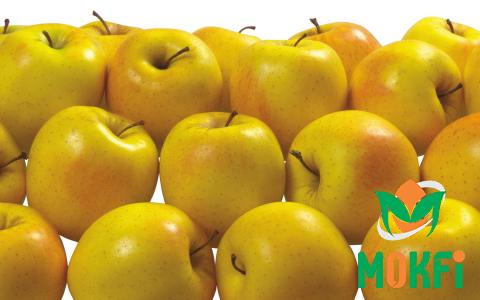
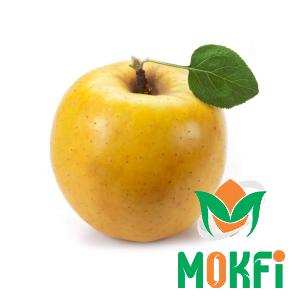
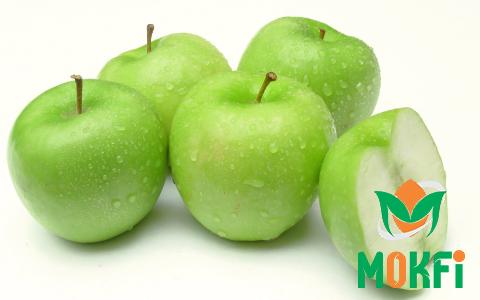
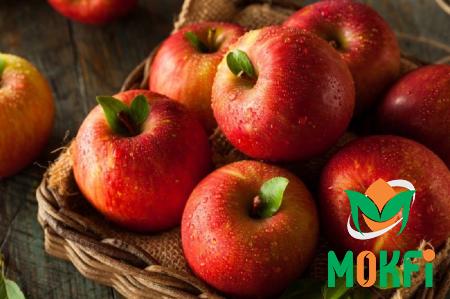
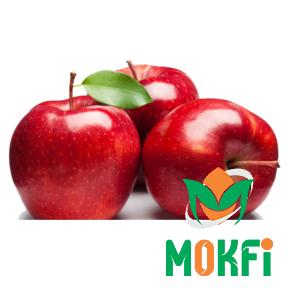
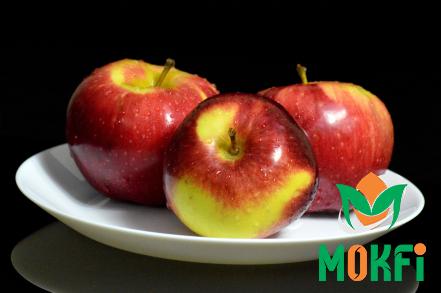
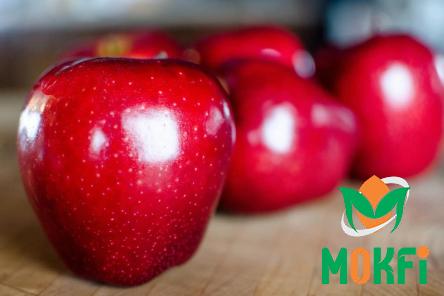
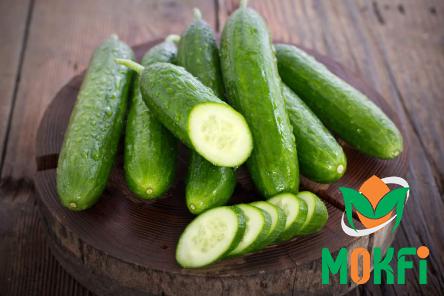
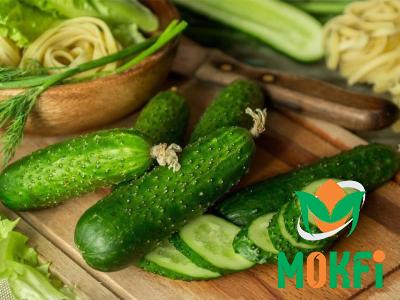
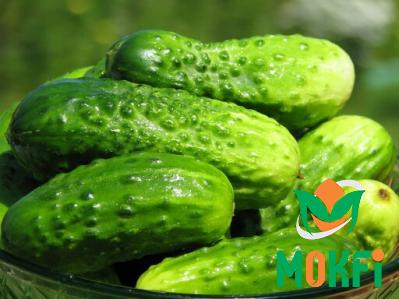
Your comment submitted.